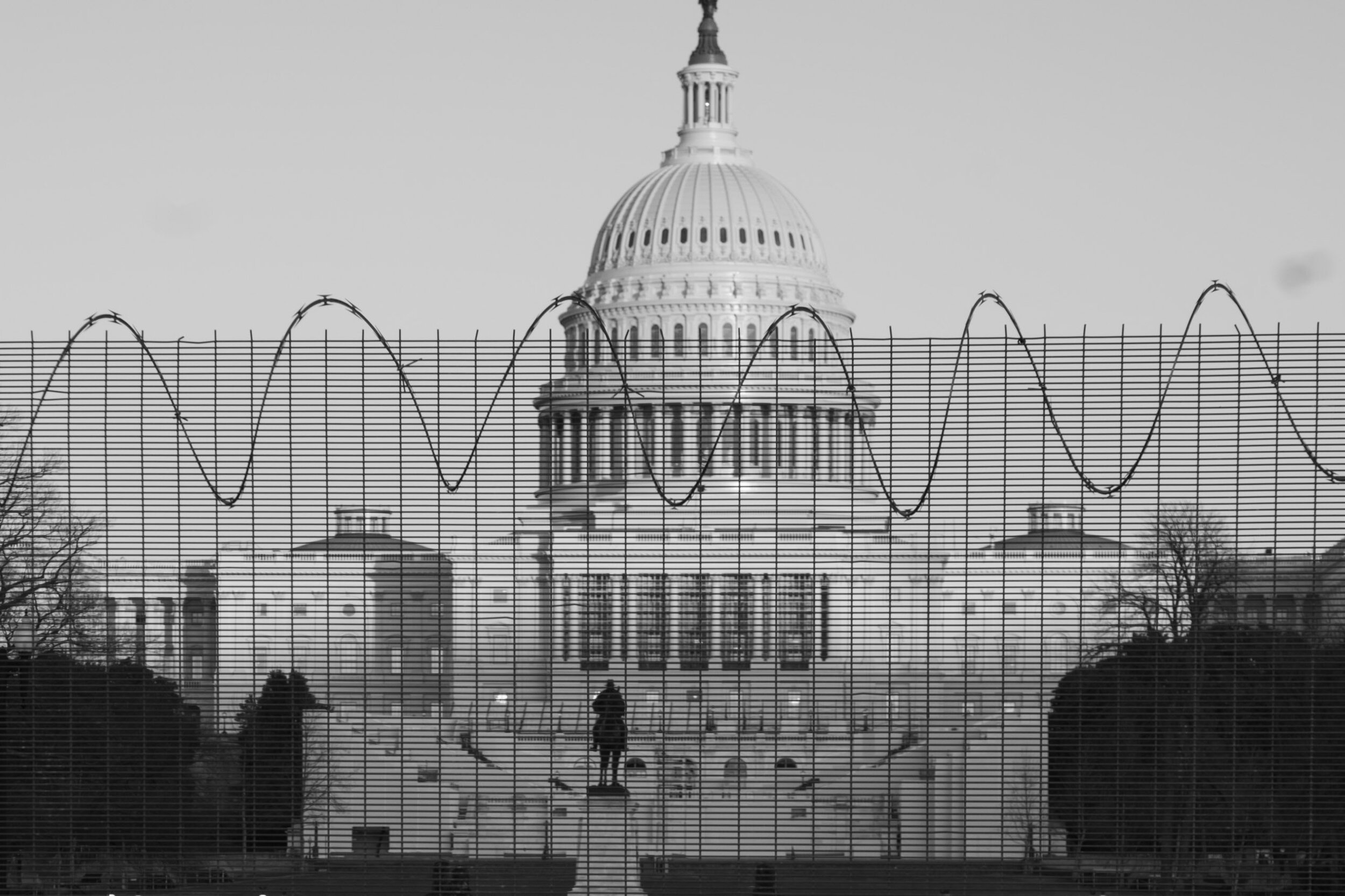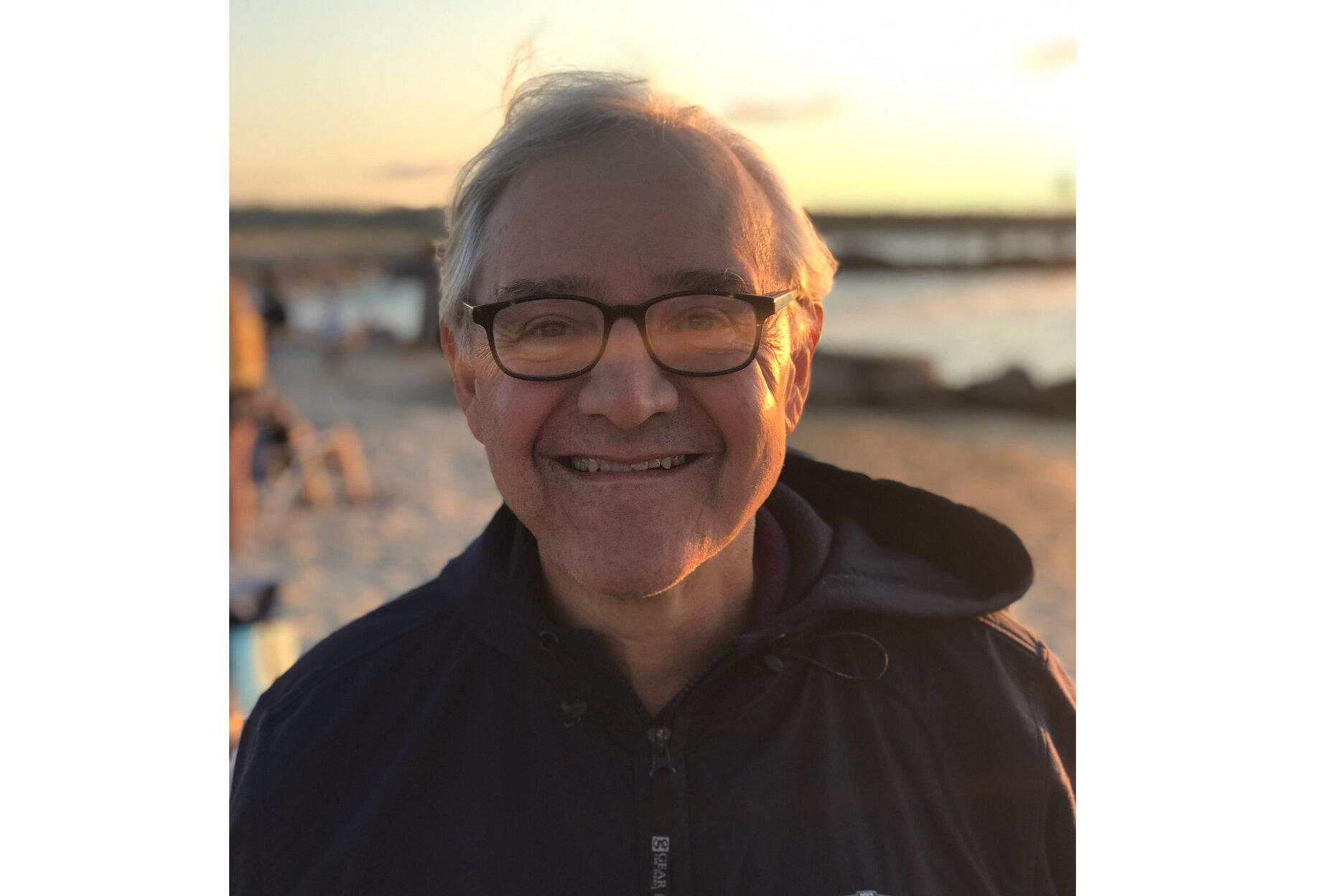A White House Insider and Scholar Reflects on Biden's First Hundred Days
THE FIRST 100 DAYS OF THE BIDEN-HARRIS ADMINISTRATION SERIES:
A conversation with David Gergen, Professor of Public Service and co-founding Director of the Center for Public Leadership at the Harvard Kennedy School, and former White House adviser to Nixon, Ford, Reagan and Clinton.
Our Common Responsibility: Addressing Homelessness Post-COVID
OPINION COMMENTARY:
We see them in most major cities: tents in our neighborhoods, tarps on our sidewalks, and encampments in our parks. We see garbage piling up. Feces in doorways. Teresa Mosqueda and Sally Bagshaw emphasize, however, that inside the tents, there are people trying to survive.
Policing and Racial Justice
ONE YEAR AFTER GEORGE FLOYD'S MURDER SERIES:
A conversation with Paul Butler, an Albert Brick Professor of Law at Georgetown University and legal analyst on MSNBC, discussing where we are as a country regarding policing and racial equality.
Come Out Disabled and Proud, Even If You Have a Non-Stereotypical Disability
DISABILITY AWARENESS SERIES:
What do you picture when you think about disability? You probably envision a wheelchair user, the literal symbol of disability plastered on parking spots and bathroom doors. Kathleen Bogart discusses that disability is much broader than most people think.
Accessibility is a Social Right
DISABILITY AWARENESS SERIES:
While the ADA can be harnessed to carve out physical or digital access where it doesn’t exist, they cannot be used to change behavior from something that upends ordinary social access and norms of community. Peter Slatin discusses that without social accessibility the ADA will remain a half-measure.
Harvard, Disability, and Belonging
DISABILITY AWARENESS SERIES:
As one of the world’s leading universities, Professor Michael Ashley Stein, co-founder and Executive Director of the Harvard Law School Project on Disability, discusses how Harvard has the opportunity as well as the responsibility, to lead in disability-inclusion.
The Future of Cultural Diplomacy
Carla Dirlikov Canales discusses how cultural diplomacy is one of the oldest and most important tools of statecraft. Often referred to as “soft power,” a phrase coined by University Distinguished Service Professor Emeritus Joseph Nye, the power of culture offers the ability to create connections and persuade in a way that may advance national interests more effectively than traditional diplomatic and geopolitical means.
Trump-to-Biden Swing Voters Act as Policy Weather Vane
Think about the atypical person who voted for Barack Obama in 2012 and Donald Trump in 2016. Then consider a different flavor of atypical: the person who voted for Trump in 2016 and flipped to Joe Biden in 2020. In partnership with the Schlesinger Group, the author’ firm, Engagious, has spent the last two years conducting monthly focus groups with these swing voters.
The Time is Now for New York State to Commit to Reduce Child Poverty
A conversation with the Schuyler Center for Analysis and Advocacy, a leading New York State policy analysis and advocacy organization working to shape policies to improve health, welfare, and human services for all New Yorkers, especially those who are disenfranchised.
Next Steps in Our Post-COVID Political World: A Blueprint for Blue-State Organizations
COVID-19 RECOVERY SERIES:
In our post-COVID, post-Election 2020 world, political organizations headquartered in blue states owe it to fellow citizens to invest in red states and purple states. We must build genuine common power.
Never Again: When it Comes to Sheltering those Experiencing Homelessness, We Cannot Go Back to the Way Things Were
Facing consistently overcrowded facilities, Joe Finn discusses how shelter providers recognized that they had an impossible choice: should they deny shelter to individuals in need, subjecting them to the risks associated with cold weather exposure, or continue to allow them into shelters where they would be susceptible to COVID-19, a quickly spreading and often deadly virus?
Addressing Disability and Age Discrimination: Fighting Judgment of the Outside with Compassion for the Inside
As with any victim of discrimination, people with disabilities and people who are aging often feel robbed of a fair chance to live productive lives or to be their full true selves. Sally Bagshaw discusses by addressing ‘ableism’ and ‘ageism’ and including the formerly excluded, our communities will be better for all of us now and in the future.
Who was Responsible for January 6th?
CAPITOL INSURRECTION SERIES:
Professor Michael J. Klarman, the Kirkland & Ellis Professor at Harvard Law School, discusses the events and responsibility from the event on January 6th at the U.S Capitol.
The Capitol Hill Insurrection is a Teachable Moment
CAPITOL INSURRECTION SERIES:
January 6, 2021 will go down as one of the most disturbing dates in this nation's history. The attack on and destruction of our nation's U.S. Capitol were despicable acts by homegrown terrorists. They also provided a glimpse into the historical contradictions that have been part of this nation's treatment of race.
McConnell and Pelosi Are Talking to Each Other Again -- What Might That Mean for Schools? What Should It Mean for Schools?
Harvard ALI Fellow, Julie Allen, argues in this OpEd that federal education aid for schools, without aid for state and local governments, would be ineffective given the three-level system of education funding in the U.S.
A Passion for Prevention and a Warning for the Unprepared
POST-ELECTION SERIES:
A conversation with Dr. Howard K. Koh, one of the most influential healthcare leaders in the world today, on what to expect from the Biden-Harris administration in healthcare policy. He emphasizes the need to revitalize the public health system and highlights the importance of preventive care, while addressing issues such as tobacco control, healthcare insurance, and the opioid epidemic.
An Optimistic Outlook for Education (But It’s Complicated)
POST-ELECTION SERIES:
Paul Reville, Professor at Harvard Graduate School of Education and former Secretary of Education for Massachusetts, discusses the education legacy of the Trump administration, potential policy changes under the Biden-Harris administration, and the need for equitable funding and strategic approaches to address the challenges facing the education system, promoting equity and opportunity for all students.
A 2020 Presidential Candidate of Color Reflects on the New President-Elect
POST-ELECTION SERIES:
Former Massachusetts Governor Deval Patrick discusses the election of Joe Biden and Kamala Harris, highlighting their potential to heal the nation, address hyper-partisanship and structural racism, and inspire a new vision of inclusivity and opportunity. He also emphasizes the importance of grassroots engagement and the need to combat voter suppression.
Over 74 Million Votes for Trump and Party Polarization is Stronger than Ever
POST-ELECTION SERIES:
A conversation with Dr. Robert J. Blendon on the current state of American politics and public opinion. Dr. Blendon's analysis of national polls reveals how the nation is deeply divided along party lines and he discusses the challenges the Biden-Harris administration faces in addressing the pandemic and economic recovery while navigating a politically polarized landscape.
A Spirit of Hope, A Sense of Alarm: Building the Broad Coalition our Country Needs to Restore Dignity
A conversation with distinguished journalist E.J. Dionne where he explores his thoughts on why white evangelists continue to support Donald Trump despite his divisiveness. Dionne also discusses the challenges in bridging the gap between Trump's supporters and opponents, emphasizing the potential role of a less divisive leader who focuses on empathy and shared values.




















